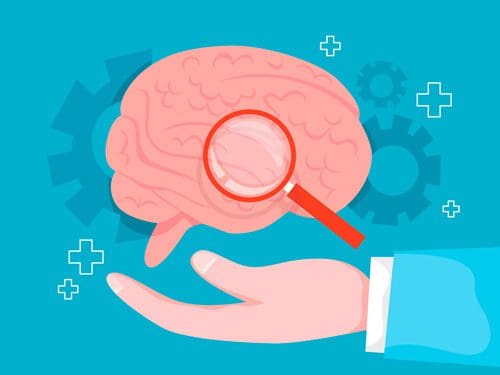The human brain is a very extraordinary and complex organ. In fact, it is the most complex organ in your body. It shapes your basic behavior, regulates your basic bodily functions, and enables you to understand and respond to all the things you experience.
The Human Brain’s Abilities
For many years scientists believed that once this intricate organ completed its development, it was unchangeable. Any damage to the brain, they thought, was permanent. But according to an article in Psychology Today, neuroscience research shows that the brain is much more adaptable than we once thought. While individual brain neurons, or nerve cells, can be damaged, the brain adapts to this damage by making new neural pathways. This ability of the brain to mold its neurons into new connections is called neuroplasticity.
How Does Neuroplasticity Change the Brain?
Studies of brain scans have shown the brain’s responsiveness, flexibility, and ability to compensate for damage by reorganizing itself. In fact, the brain doesn’t have to be damaged to create new neural pathways. Whenever you practice new skills, think new thoughts, or adopt new habits, you are creating and strengthening new pathways.
A study by Harvard Medical School observed the brains of two women who practiced playing a five-finger piano exercise for two hours a day until all of the movements were fluid and precise. One woman practiced the exercise on a piano, and the other visualized the exercise in her mind. After five days, the motor cortex of the brain of the woman practicing on the piano showed neural changes corresponding to the finger movements of the piano exercise, proving the brain was physically changed by her behaviors. Amazingly, the same neural changes took place in the brain of the woman who was visualizing playing the piano exercise. Simply put, the structure of her brain was changed by thinking.
Addiction and the Brain
Addiction is a chronic, primary brain disease that causes the addicted person to have an uncontrollable compulsive need for a fix. It affects the functioning of the brain’s prefrontal cortex, the area that controls reward, memory, and motivation. Dr. Charles P. O’Brien, in an article in The National Center for Biotechnology Information, describes addiction as a disease of neuroplasticity. Drug use interferes with how the brain’s neurons process, receive, and send signals through neurotransmitters. Over time, the brain adapts to the presence of drugs and creates new neural pathways to accommodate it. This is what leads to addiction: the brain rewires itself so that it requires the drugs to function “normally.”
The Power of Neuroplasticity on the Brain
Although neuroplasticity is a key factor in creating addiction, it is also an essential part of recovery. When a person stops using drugs or alcohol and works hard to establish new, healthy habits and behaviors, their brain eventually abandons the old pathways of addiction for the new pathways that support sobriety.
In this way, addiction is a bad habit; the design of the brain allows it to change and develop when new knowledge, new goals, and new skills are introduced. This is true even after a brain injury has occurred.
Mindful Meditation and Neuroplasticity
Research has shown that mindful meditation causes the brain to create new, permanent neural pathways. When mindful meditation is applied to addiction treatment, the brain creates new responses to cravings and distress. This application of meditation to treatment is referred to as Mindfulness-Based Relapse Prevention (MBRP). Those with an addiction to drugs or alcohol can learn to manage stressful situations and discomfort with less reactivity. They learn to behave in more deliberate and thoughtful ways and have more control over their actions. MBRP helps those with a substance use disorder to replace self-destructive impulses with healthy ways to cope.
Help Is Available
Addiction to drugs or alcohol can ruin a person’s life. If you or a loved one has a substance use disorder, seek help now. Call and speak to a professional at Canyon Vista Recovery Center located in Mesa, Arizona. We will answer your questions and help you begin your journey toward recovery. At Canyon Vista, a combination of psychiatric care, evidence-based treatments, and holistic therapies will provide you with the understanding and tools you need to live a clean and sober life.











